ISLAMABAD: The Deputy Governor State Bank of Pakistan (SBP), Dr. Inayat Hussain, in a briefing to the Senate’s Standing Committee on Finance and Revenue, asserted that only deposits up to Rs. 500,000 are protected by the Deposit Protection Corporation (DPC), a subsidiary of the SBP.
He added that as per regulations, deposits above Rs 0.5 million are not protected by the DPC if a bank goes bankrupt. Misleading news reports in certain sections of the press caused some hue and cry amongst the depositors who got the impression that their deposits were at risk.
However, Profit explains how this is not a cause for concern. Amongst the many duties of the State Bank of Pakistan is the protection of the interests of the depositors. And the SBP, over the years, has done a good job at it. As iterated by Dr. Hussain in the session of the senate’s committee, no depositor has ever lost their money in the financial history of the country.
Even in the cases of the worst bank-runs, the SBP has managed to protect the money of the depositors. In a story previously covered by Profit, even when the KASB Bank Limited’s capital adequacy ratio (CAR) became negative, and had the highest amount of Non-Performing Loans (NPLs), no money was lost by the depositor. Rather, the bank, along with its assets, was sold to BIPL in a transaction that was facilitated by the SBP itself.
However, to ensure the safety of the deposits of the small depositors further, in 2018 the SBP formed the DPC. The DPC is a wholly owned subsidiary of the SBP, and it performs 4 major functions. These functions are deposit insurance, financial stability, risk monitoring, and resolution & liquidation.
To this day, deposit insurance by the government is not a facility that is a standard practice around the globe. The Rs 500,000 mark is the upper limit of the deposits to which the DPC provides insurance, which are 94% of the country’s total bank deposits.
It is important to note here that even the esteemed senators, on the standing committee for finance, had to be briefed about the distinction between endangered deposits and insured deposits, during the committee session.
Senate Committee also deliberates over high interest rates and poor human rights policies of banks
In the session, the senate committee also deliberated on high interest and its impact on the business community.
Senator Zeeshan Khanzada remarked that the unreasonable increase in interest has made it difficult for businesses to sustain, let alone growth.
Deputy Governor SBP, Dr. Inayat Hussain, apprised that the interest rate has been increased to control the rising inflation and it has bear significant results in the past few months.
Senator Saleem Mandviwalla posed a question as to how the interest can be effective in controlling the growing inflation and how much benefit had been achieved thus far.
He said that 22 % interest rate would be beneficial in a developing country like Pakistan adding that the Chairman Committee said that Deposits have increased to Rs 26 trillion due to increase in interest rates and these Rs 26 trillion should have been in the market instead of deposits.
Senator Dilwar interjected that Inflation rate reached a record level in the country and factories have been closed due to interest rate.
The Deputy Governor of the SBP claimed that the central bank has taken the measures due to which inflation has reduced. Prices of food items have seen a decline in recent weeks adding that a decrease in sugar prices has been observed, he added.
Inflation rate had crossed a record 38 % but in August, the inflation rate reached 27%, added the Deputy Governor State Bank. He further said that the reasons for the increase in inflation in September were explained in the monetary policy.
The committee directed the State Bank to submit a comprehensive report in this regard.
The Committee was also briefed on difficulties confronted by Political exposed persons (PEP) in availing the financial services. Deputy Governor SBP stated that the system is in place wherein a focal person has been deputed in every branch to sort such issues, however, the system has failed to provide desirable results due to unknown reasons.
The Committee recommended to sensitise all banks to make the dedicated PEP officers in all commercial banks, designated on the direction of this committee earlier.
Moreover, the Senate body discussed the causes of reported low scores of Pakistan’s banks in terms of their human rights policies. Representatives from Fair Finance Pakistan (FFP) emphasised that Fair Finance is committed to ensure that financial institutions in Pakistan prioritise the social and environmental welfare of local communities. They highlighted the need for Pakistan to embrace a Green Banking policy that incorporates environmental and social concerns into financial operations.
The Deputy Governor of the State Bank of Pakistan (SBP) mentioned that SBP is making dedicated efforts to align the banks with international standards, aiming to improve the well-being of individuals.
While deliberating on massive money laundering by solar panel importers, Member Customs apprised that seven companies that have been identified which were involved in money laundering and six FIRs have also been registered against them.
Senator Saleem Mandviwalla remarked that Solar panel importers had succeeded in laundering 69 Billion Rupees in the last five years but the FBR didn’t notice anything suspicious. He said that 25 Billion rupees were deposited in two different accounts without facing any queries. He directed the FBR to conduct an inquiry of the matter and submit its report before the committee.
Furthermore, the senate committee has taken up the matter of reportedly Rs. 5 billion fraud in Bank Al-Habib Faisalabad.
Dr. Inayat Hussain, Deputy Governor SBP, apprised that the incident resulted due to uncertain mutual trust between the bank officials and the aggrieved party, which forced the aggrieved party to perform their transactions outside the place of business.
The SBP is in coordination with both the parties and the matter will be resolved soon. The Committee directed the SBP to start an awareness campaign stating that “Don’t Perform Transactions with Banks outside the Banks” so that any future incidents could be avoided.


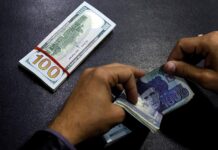

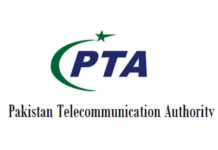
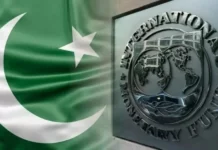
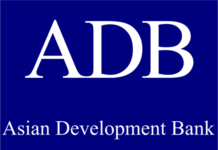












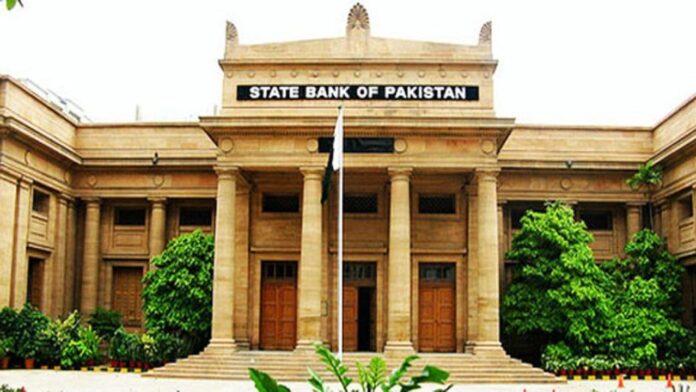
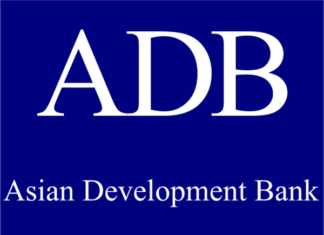



how to check pmt score online ?
Is it a real news about 5 lakhs?